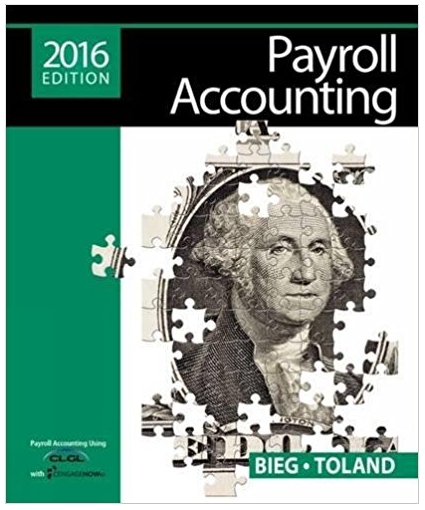Question
In the early 1990s, the FASB issued new rules that dramatically altered the way in which many companies recorded their obligations for retiree health care
In the early 1990s, the FASB issued new rules that dramatically altered the way in which many companies recorded their obligations for retiree health care benefits. The Board found that most companies used cash basis accounting and waited until expenditures for benefits were actually made before recording any expense. This meant that no liability to pay future benefits appeared on the companies balance sheets even though an obligation to pay future health care benefits clearly existed. The FASB concluded that this approach was inappropriate and instead required companies to record the cost of future health care benefits as incurred.
The affected companies and their trade organizations argued that having to record a liability and an expense equal to the extremely large dollar amounts of these health care benefit commitments would cause employers to substantially reduce their promised benefits to employees and perhaps curtail the benefits entirely.
Required:
1. Why were companies concerned about suddenly reporting a large liability (and corresponding expense) for retiree health care benefits? What economic consequences might this accounting change have on the affected companies?
2. Some affected companies said they would reduce or eliminate promised benefits to avoid recording the liability and expense. This action harms employees who will then have to bear the burden of future health care costs. Should the FASB consider economic consequences of this sort when updating accounting standards? Why or why not?
Step by Step Solution
There are 3 Steps involved in it
Step: 1

Get Instant Access to Expert-Tailored Solutions
See step-by-step solutions with expert insights and AI powered tools for academic success
Step: 2

Step: 3

Ace Your Homework with AI
Get the answers you need in no time with our AI-driven, step-by-step assistance
Get Started


